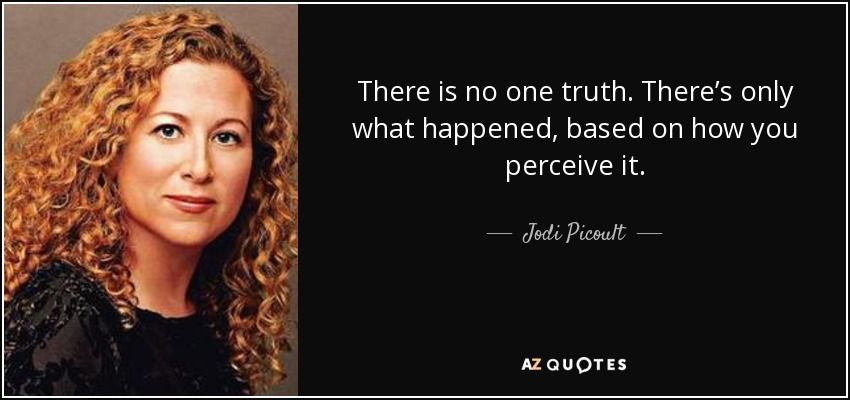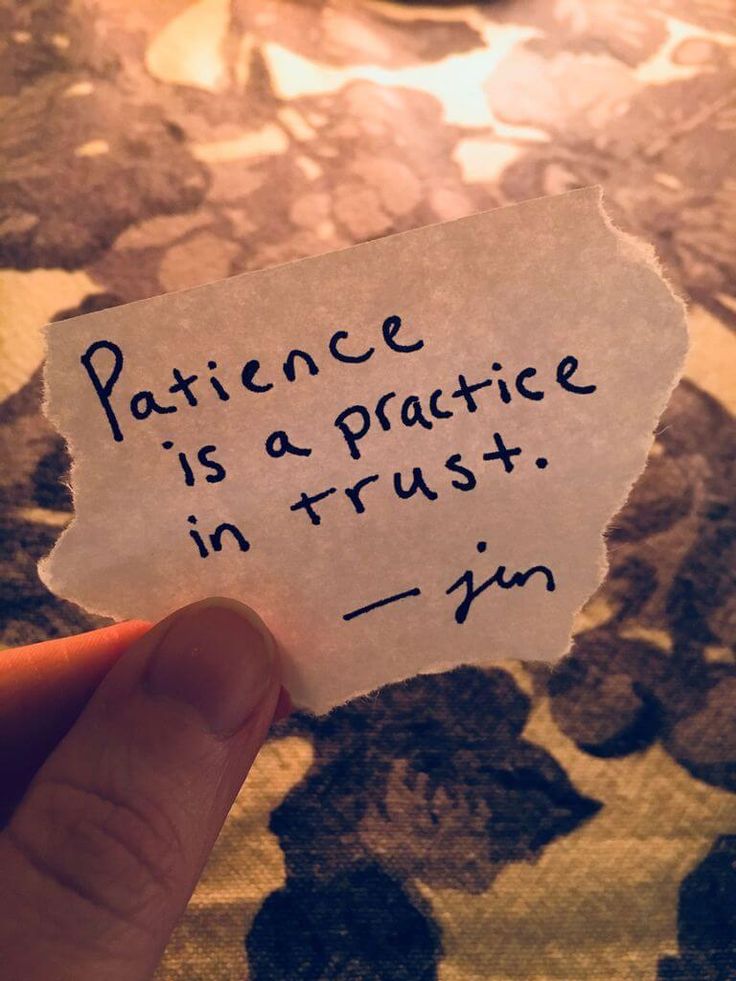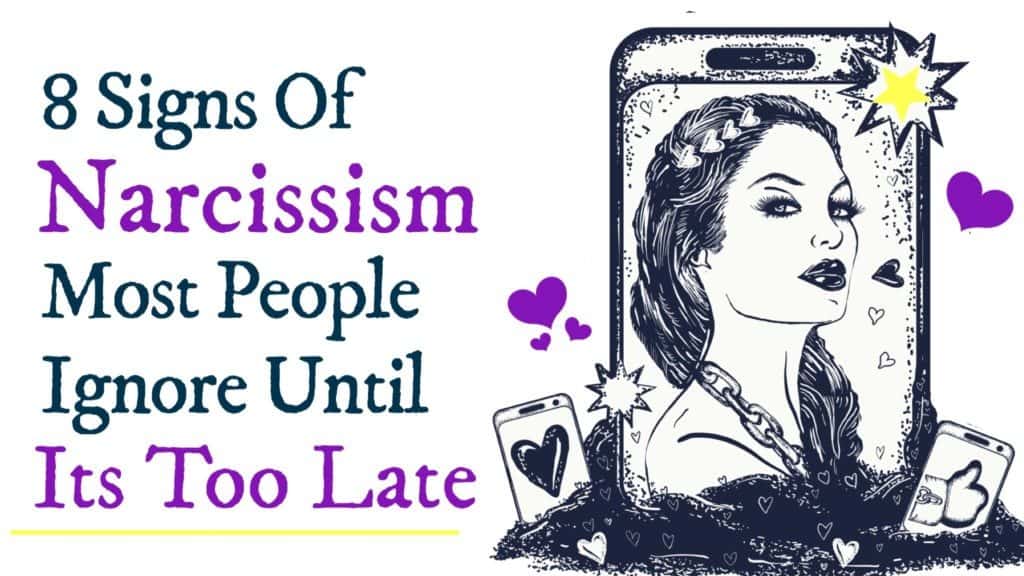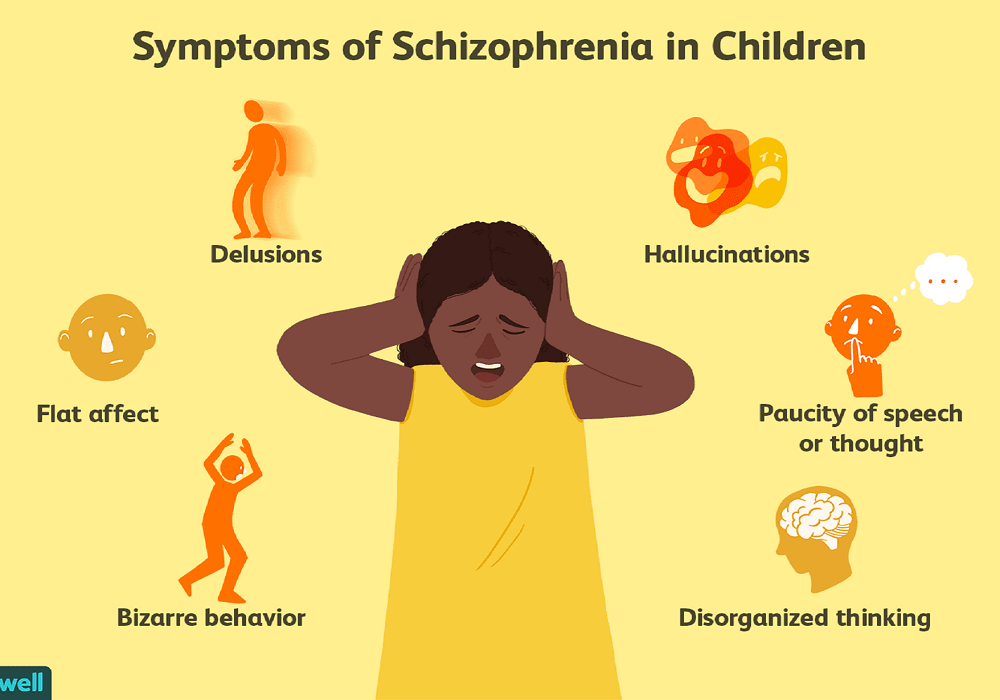Adopted children grow up to be
5 Things Adopted Children Grow Up to Be
We all want what’s best for our children. Parents have hopes and dreams that their kids would grow up to happy, confident, secure and accomplished people. This is true for everyone, including prospective birth parents who choose adoption.
Are you considering adoption for your baby today? You’d probably like to know more about the kind of life they might live and what adopted children grow up to be.
Children who are adopted and loved can grow up happily adopted to become anything they want to be. Don’t believe us? Here are some examples of all the different things that adopted children grow up to be.
What Adopted Children Grow Up to Be
Here are a few things that adopted children grow up to be. You may be surprised to learn that some of the names below (names you have heard your whole life) were actually adopted.
Music Stars
Some of our most beloved musicians — like Faith Hill and John Lennon — were adopted. Hill has spoken about how being adopted and loved gave her some of her most important values.
“Having been adopted, I really have a strong sense — a necessity almost — for stability, a foundation where my family is concerned.” she said. “[Success] would be meaningless without anyone to share it with.”
NFL Players
NFL athletes like quarterback Daunte Culpepper and offensive lineman Michael Oher were adopted. You may be familiar with Oher’s story, made famous by the movie “The Blind Side.”
Oher’s story is one of the most well-known, but he’s far from alone. As reporting from Slate has found, there are many stories of adopted children becoming professional athletes. There seems to be a common thread of perseverance and a drive to take advantage of every opportunity.
Company Founders
Adopted children grow up to be business leaders, as well. Some choose to give back to the adoption community, showing an appreciation for the gift adoption gave them. Perhaps the most well-known is Dave Thomas, the founder of Wendy’s as well as the Dave Thomas Foundation for Adoption, which is one of the largest adoption nonprofits in America.
Film Producers
From big-budget blockbusters to life-changing documentary work, adoptees have made their impact on the world of film. Michael Bay, who is one of the most profitable directors in Hollywood, was adopted.
At the independent film level, Angela Tucker has transformed hearts and minds through “Closure,” her documentary film about reconnecting with her birth mother.
Social Leaders
Remarkable faith is often formed through overcoming obstacles. Being adopted may not always be easy, but it can produce values and ideas that shape the world. Look no further than activists like Civil Rights icon Jesse Jackson to see how adopted children grow up to be people who can change lives.
Adopted children grow up to be anything they want. Many children find opportunity and a space to thrive in the safe, loving care of their adoptive family. While the list above is full of exceptional individuals, it clearly shows that adopted children can grow up to be anything.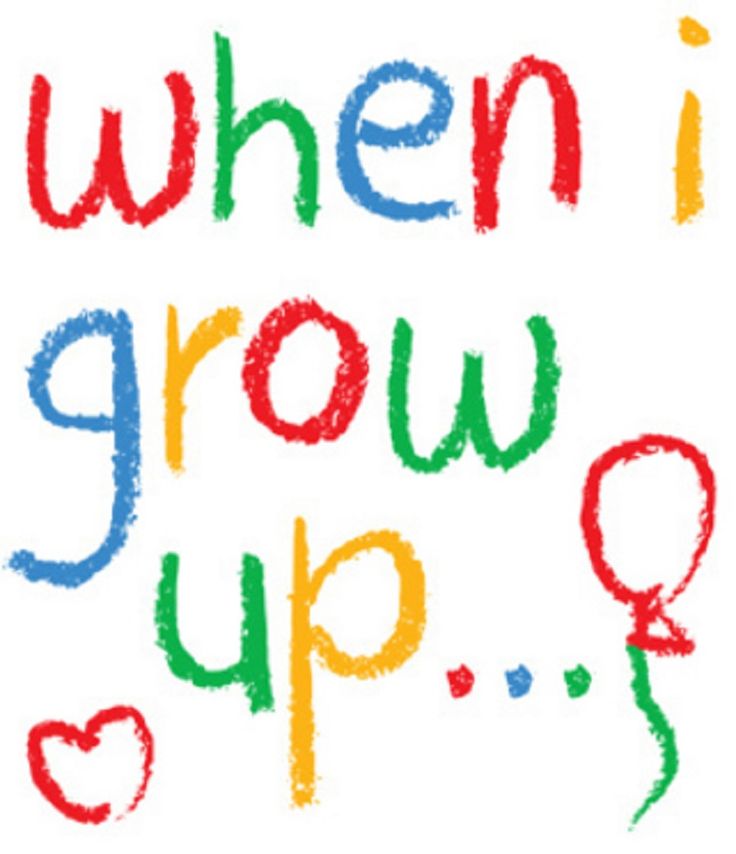
The Birth Parents’ Role in What Adopted Children Grow Up to Be
You may have seen fictional depictions of adoption where the birth mother leaves the baby on the doorstep of an orphanage or firehouse. This is not actually how the process works.
When you place a baby for adoption, you are in charge of the process. One big part of the process is choosing the adoptive family. If you have certain things you want your baby to experience, you can pick the family you think will give them the best life.
What matters most to you? Maybe it’s a faith tradition, the size of the family, or certain views on education. Whatever it is, you can look for those things in an adoptive family. By finding the right family, the prospective birth parent plays a huge role in what adopted children grow up to be.
What Being Adopted Means
Being adopted is a unique journey that relatively few people will experience. As you can see, it doesn’t put any limitations on your life. While being adopted comes with unique challenges, it also provides unique opportunities.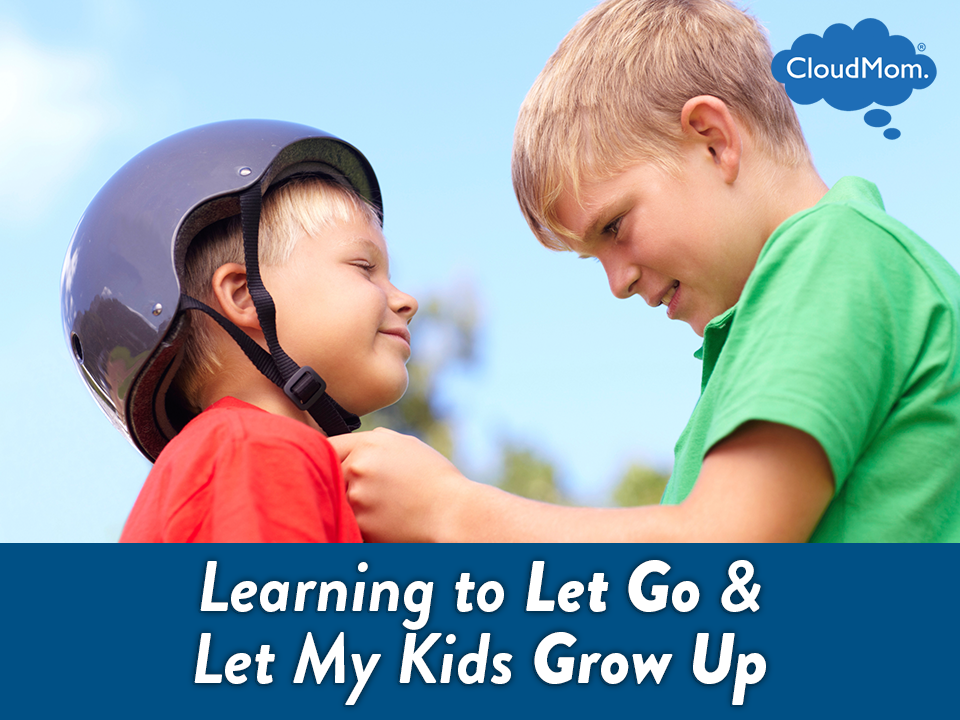
If you are considering adoption for your child and wondering what being adopted will mean for them, we hope this gives you a sense of peace about their future. They can be anything they want to be. A fulfilling life is possible for any child whose parents choose to place them for adoption.
Contact Us Today
Do you have more questions about adoption? If so, it can helpful to speak with a professional. You can contact us today to speak with one of our adoption specialists. This is totally free, and you’re never obligated to choose adoption.
American Adoptions - What Can Adopted Children Grow Up to Be? [Endless Opportunities]
Many people wonder what the lasting effects of adoption are on adoptees and what adopted children grow up to be.
The short answer is anything they want to be.
In fact, many studies show that adoptees may have certain advantages over non-adopted children. Adopted children are rarely limited by the fact that they were adopted.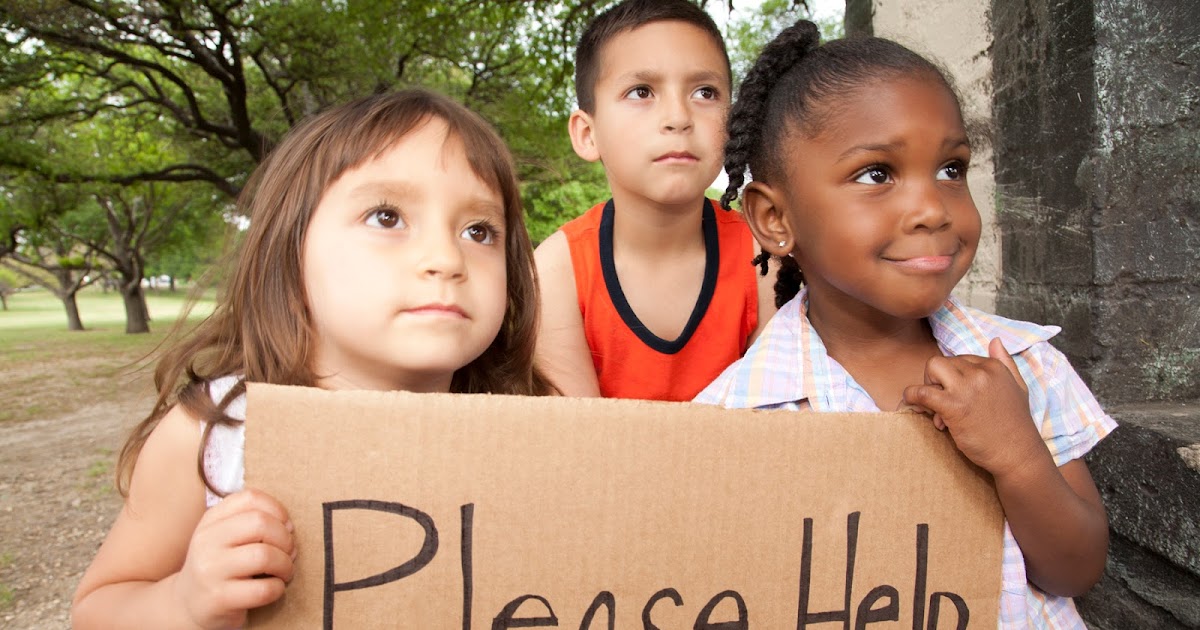 Birth parents place their child for adoption in the first place because they want to give their child a chance to have a life full of opportunity.
Birth parents place their child for adoption in the first place because they want to give their child a chance to have a life full of opportunity.
Many adoptees grow up with adoptive parents who can give them all the resources and skills they need to get to where they want to be in life. Adoptees are anything but limited by their status as an adopted child.
To get more information about the wellbeing of adoptees, you can helpful information here, or continue reading below.
How Adoption Effects What Adopted Children Grow Up to Be
Both the birth parents and the adoptive family play a role in what adopted children grow up to be.
Simply by choosing to place their baby for adoption, the birth parent is giving their child a chance to have a life full of opportunity. When choosing the adoptive parents they want to raise their child, they are able to choose a family with certain traditions, hobbies or activities they want their child to experience. For example, if a birth parent wants their child to experience the world, they may choose an adoptive family that travels frequently.
Adoptive families may have struggled to start a family biologically and know the pain of feeling like they might not be able to have a child. That’s why when they are chosen by a birth parent, they are fully committed to giving their child all the love, care and resources they need to be happy and successful.
The Wellbeing of Adoptees
The research done in a 2007 study conducted by the U.S. Department of Health and Human Services shows that there are many indicators in the experiences, characteristics and wellbeing of adoptees that reflect the positive effects of adoption.
Excellent Health
Many adopted children grow up to be mentally and physically healthy. The study showed that 85% of adoptees are in “excellent or very good” health. This could be largely in part due to the fact that 91% of adoptees have access to continuous health insurance compared to that of 85% of non-adopted children.
Emotional Well-being
Just as adopted children grow up to be in excellent physical health, many of them also fair well with their mental health.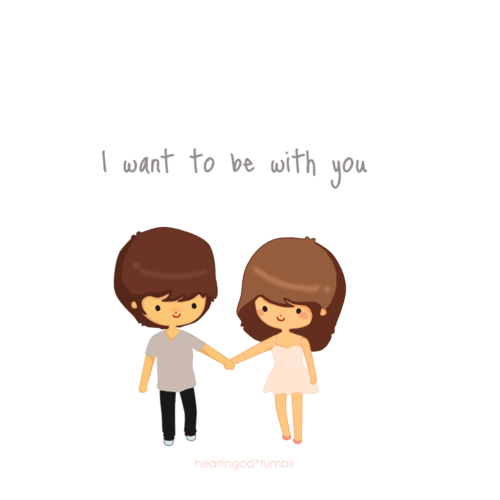 Studies show that a small percentage of adoptees are ever diagnosed with mental illnesses or social disorders such as anxiety, depression, attachment disorder, ADD/ADHD and more. Not only is mental illness less prevalent, but positive social behaviors are increasingly common among 88% of adoptees over the age of six.
Studies show that a small percentage of adoptees are ever diagnosed with mental illnesses or social disorders such as anxiety, depression, attachment disorder, ADD/ADHD and more. Not only is mental illness less prevalent, but positive social behaviors are increasingly common among 88% of adoptees over the age of six.
Positive Family Experiences
It’s largely because of the positive experiences with their adoptive parents that adopted children grow up to be happy and successful. Adoptees are 68% more likely to be read to everyday compared to 48% of non-adopted children, and 71% more likely to be sung to compared to 59% of non-adoptees.
About 85% of adoptees are more likely to participate in afterschool extracurriculars. By extension, children involved in extracurriculars grow up to be more well-rounded adults.
Of the adopted families surveyed, 87% of adoptees have parents who would still choose to adopt their child if given the option to do it over again. In fact, nine out of 10adopted children grow up to be “positive or mostly positive” towards their adoption experience.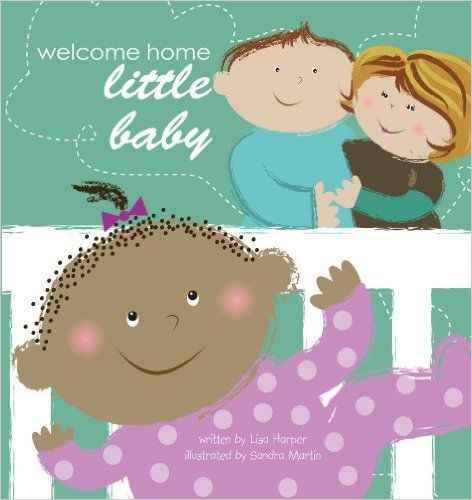
American Adoptions Founder, Scott Mars, is an adoptee himself. His positive adoption experience inspired him to create the adoption agency that became American Adoptions.
“Every day I realize how important I am to my parents. The fact that I was adopted doesn’t matter. It is simply another way to become a parent. My parents have been asked by other couples considering adoption if they could go back in time would they choose to have a child of their own blood,” says Scott.
“The answer has always been a resounding ‘No!’. The love we share can be no greater than that experienced by biological children and their parents. After adopting, every adoptive family comes to learn this fact. Those who have the luxury of seeing my parents and I interact can see the bond between us.”
The Love of Two Families
Because of open adoption, many adopted children grow up to be loved by two families. The birth parents who chose to give them a better life through adoption, and the adoptive family who raised and cared for them.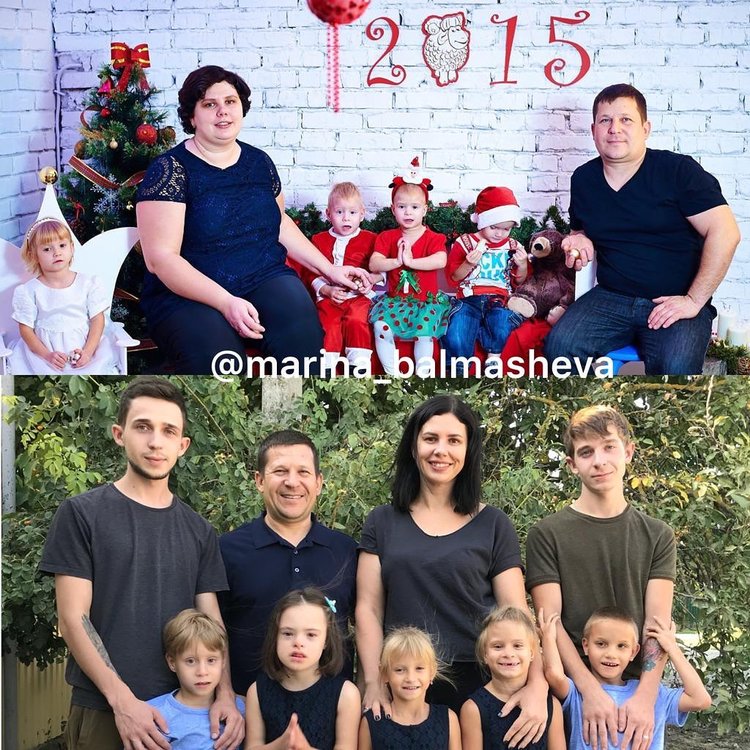
“My birth parents were young and weren’t ready to raise a baby. They didn’t stay in a relationship, but they both visited when they could — since before I can remember, they’ve just been there and their presence was a normal thing,” says Diana about her connection to her birth parents.
“My parents had struggled with infertility before adopting my brother and I, but were very much of the ‘any baby will be great, thanks,’ mentality, and were only onboard if maintaining a relationship with birth parents was an option. Everyone was just kinda, ‘Let’s do this — let's raise a baby together!’”
Open adoptions allow for adoptees to have contact with their birth parents through:
-
Texts and calls
-
Emails
-
Video chats
-
In-person visits
This contact allows for adoptees to form a relationship with their birth parents. This means the adoptee can ask questions and fully understand their adoption story.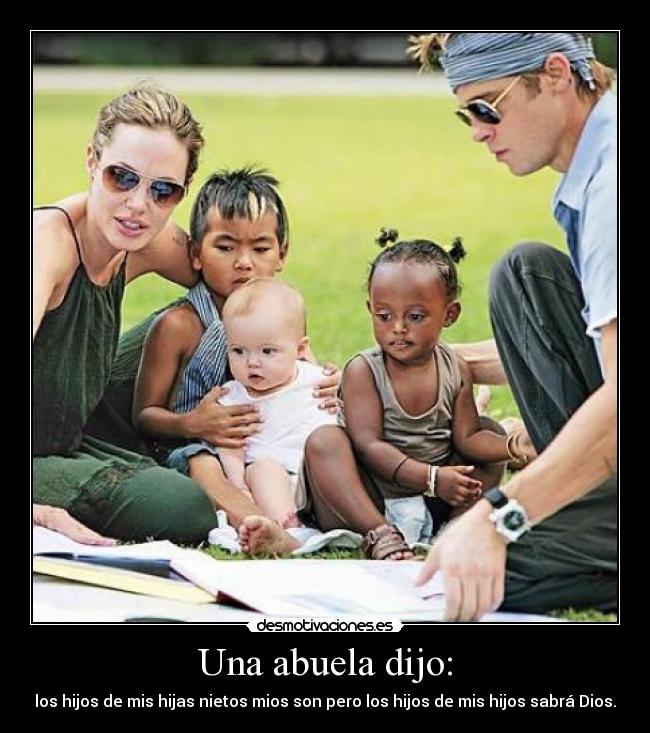 The adoptee comes to respect their birth parents adoption choice and understand that it comes from a place of love.
The adoptee comes to respect their birth parents adoption choice and understand that it comes from a place of love.
There’s no limit to what adoptees can grow up to do. Many are shaped by the positive experience they have had with their adoption. To get more insight into what adopted children grow up to be, look into these resources.
Disclaimer
Information available through these links is the sole property of the companies and organizations listed therein. America Adoptions, Inc. provides this information as a courtesy and is in no way responsible for its content or accuracy.
Request Free Information
"Even grandma doesn't know": how children with HIV grow up in foster families | Articles
Adoption of children diagnosed with HIV has become more frequent in Russia. This was reported in the Children + charity foundation, noting that now there are 500 infected pupils in the country's orphanages. Izvestia talked to foster parents and found out how such families live, what problems they face and why they do not regret their decision to take a child.
"Need the support of loved ones"
Children with HIV are being adopted more often in Russia. If in 2019 there were more than 600 infected children in the country's orphanages, now there are 500. Little children are no longer in the institutions of Moscow, St. Petersburg and other large cities, Olga Kiryanova, director of the Children + charity foundation, told Izvestiya.
In many cases, orphaned children with HIV are taken in by their relatives, she says. Other families most often adopt them unintentionally - as a rule, they choose the child they like in an online database, and then find out about his diagnosis. nine0004
Even grandma doesn't know
Photo: Pixabay
— Such parents take the second and third child already consciously, because they are not afraid of his status. They understand that children are not dangerous to others, and treat their illness as a chronic one, says Kiryanova.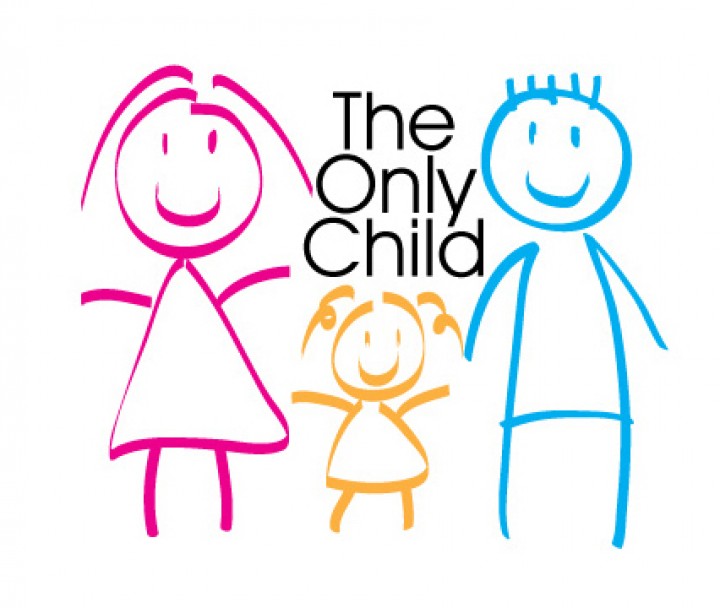
Children with HIV need the support of loved ones - especially at the moment when they learn about their diagnosis, they need control in constant therapy, on which their life and health depend. Therefore, the director of the foundation is sure, it is important for them to be brought up in families and work with psychologists. nine0005
Izvestia talked to parents who adopted or adopted infected children and recorded their stories.
“A thin, sad look away”
Initially, Muscovite Alexandra V. (name changed) did not plan to take a child diagnosed with HIV. She had a complete family, a job, an apartment, two cars, her own children, pets and a desire to help an orphan. Like most future adoptive parents, she and her husband were going to adopt a healthy child into the family. But it turned out differently. nine0004
- A friend of mine once shared a photo of a 10-year-old boy on social media. We found his profile on the Children's Waiting website.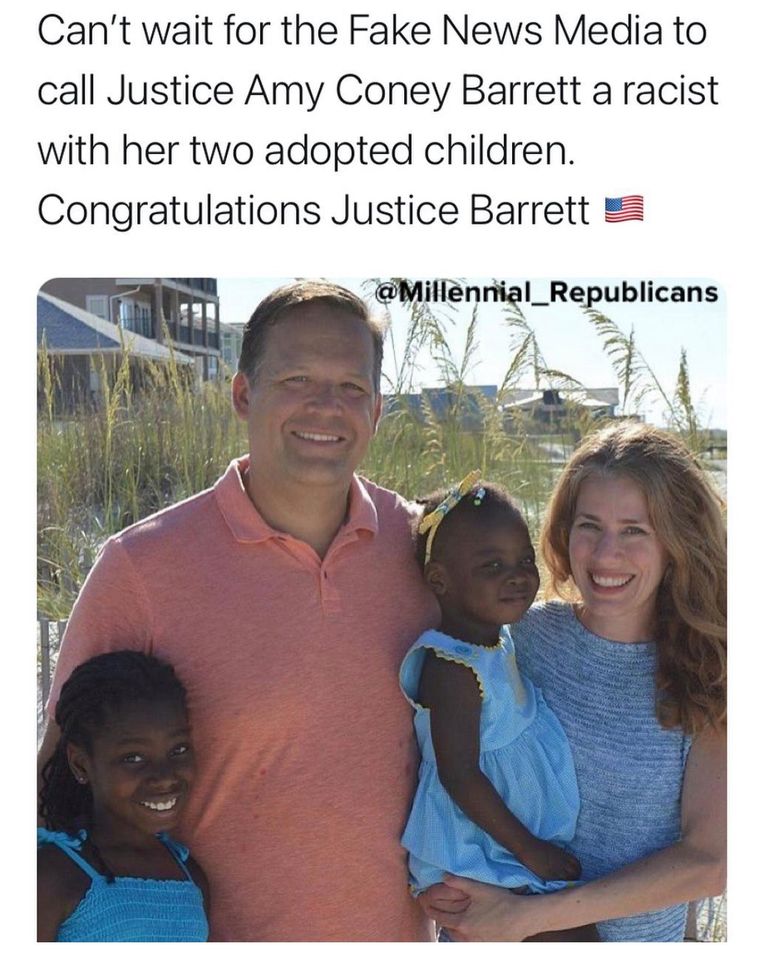 From the age of two, in an orphanage, my mother died, according to the documents, there is no father. The boy was small and thin, with disheveled hair, a sad look to the side. As a family, we immediately made a decision: our son! Alexandra says.
From the age of two, in an orphanage, my mother died, according to the documents, there is no father. The boy was small and thin, with disheveled hair, a sad look to the side. As a family, we immediately made a decision: our son! Alexandra says.
Even grandma doesn't know
Photo: Depositphotos
Danya (child's name has been changed) lived in another city, and the woman called his guardianship. I got a good specialist, who immediately named the diagnosis of HIV - "if you are not ready, you should not go, just waste your time and money." She explained that there is no queue for such children, there are not so many who want to. nine0004
- The diagnosis frightened me, - admits the interlocutor of Izvestia. And my husband was very upset. We were afraid not of the possibility of domestic infection (this is a myth), but that the child would get sick and die early, and we would not survive such an outcome. Back then, we knew very little about HIV. But the boy sunk into the heart, so we plunged into the topic, talked to doctors we knew, and found out that today it is not fatal. Children take therapy, donate blood regularly, live an almost normal life: they go in for sports, study, go to circles. And we took Danya from the orphanage. It wasn't easy, but we made it. nine0004
Back then, we knew very little about HIV. But the boy sunk into the heart, so we plunged into the topic, talked to doctors we knew, and found out that today it is not fatal. Children take therapy, donate blood regularly, live an almost normal life: they go in for sports, study, go to circles. And we took Danya from the orphanage. It wasn't easy, but we made it. nine0004
Difficulties in adapting
At first, difficulties arose not at all because of Danya's diagnosis. Adaptation in the family lasted about two years. According to Alexandra, some problems still remain - but they are not related to HIV, but to the consequences of the boy's stay in the orphanage.
- He couldn't do simple things - make himself a sandwich, cut an apple. I couldn’t think of anything to do, with tears I accepted the request to throw out the garbage, recalls the foster mother. On the first day at home, he woke up at seven in the morning, made the bed and sat motionless until we woke up.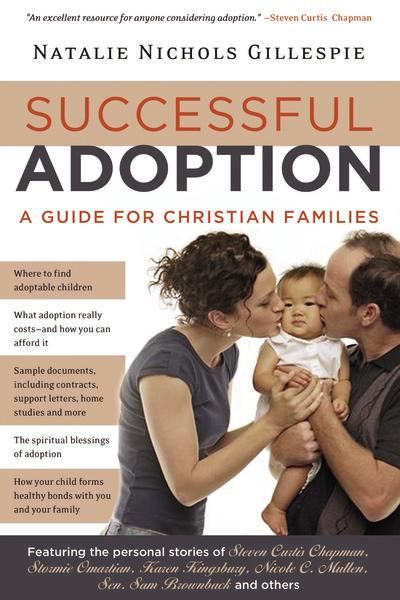 He did not know how to spend time himself, because before he had everything by the clock, and the family implies greater freedom. And we had to teach Danya to live a normal life. nine0005
He did not know how to spend time himself, because before he had everything by the clock, and the family implies greater freedom. And we had to teach Danya to live a normal life. nine0005
Even grandma doesn't know
Photo: Depositphotos
The first year, she admits, was difficult for everyone - both parents and the boy himself. Danya asked to go back to the orphanage, because everything was hard for him - to study, communicate, shop in the store. There were a lot of things: “you are not my mother, you have no right to tell me anything”, “you are a bad family”, and also disobedience, lies and running away from home.
- He was in constant tension, he lied, harmed his blood children. I don’t really want to remember this time, I often cried then, I thought that I had made a mistake, but there is no turning back. Supported by friends - foster mothers, we called each other, corresponded, shared experiences, and it became easier. I have read a bunch of books and gained a lot of experience in parenthood,” says Alexandra. nine0004
I have read a bunch of books and gained a lot of experience in parenthood,” says Alexandra. nine0004
Seven years have passed. Now Alexandra's family lives like other, most ordinary families. She adopted another boy. All children call Alexandra mother, and it would be difficult for a stranger to understand which of them is native and which is adopted.
- We have favorite games, we love the sea. The son reads a lot, is fond of cycling, he has friends and a girlfriend who knows about his diagnosis and accepts it. In the orphanage, Danya had many "additional" diseases - dermatitis, allergies, problems with lymph nodes. Everything passed at home, - the interlocutor of Izvestia notes. nine0004
“We don't think about the diagnosis”
The family doesn't think about Danya's diagnosis, Alexandra admits. Once a day, a teenager drinks one tablet. Once every three months, he donates blood - he has an undetectable load of the virus in his blood, which means he is not dangerous to others.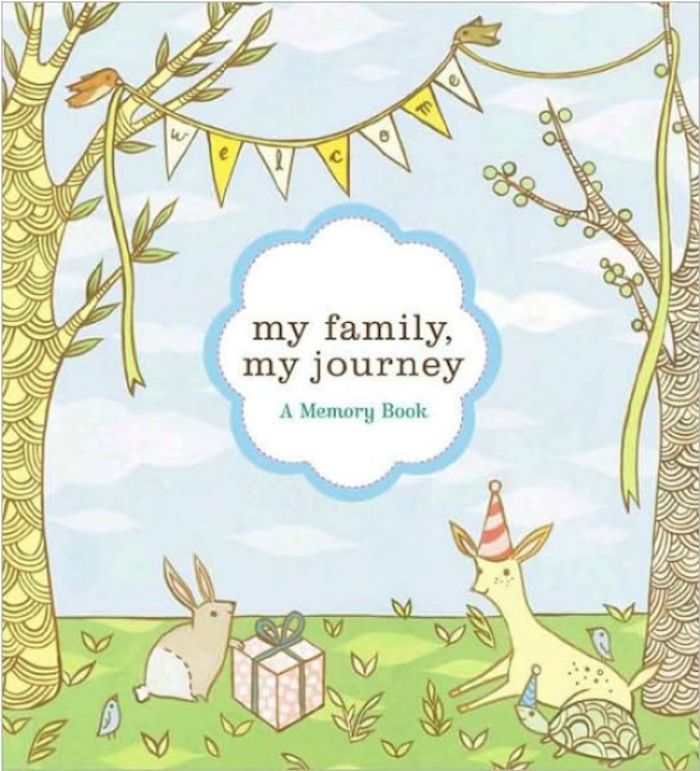
— We hide the diagnosis, because society is not yet so tolerant of such guys. There are fears, fears and myths. But even if the son gets hurt, and his blood somehow miraculously gets into someone's wound, there will be no infection. If he mixes up the toothbrush, too. People have an irrational fear about HIV, because for many years we have been told that it is a deadly disease of drug addicts and prostitutes. Today it is possible to create families with HIV and give birth to healthy children,” the woman says. nine0004
Even grandma doesn't know
Photo: RIA Novosti / Vladimir Pesnya
A separate story, according to her, is the child's own acceptance of his diagnosis and adherence to therapy. Alexandra's family is helped by psychologists from the Children + Foundation, with whom Danya has been working for three years. There, teenagers work with emotions, learn the right reactions and behavior in society, and sort out difficult situations.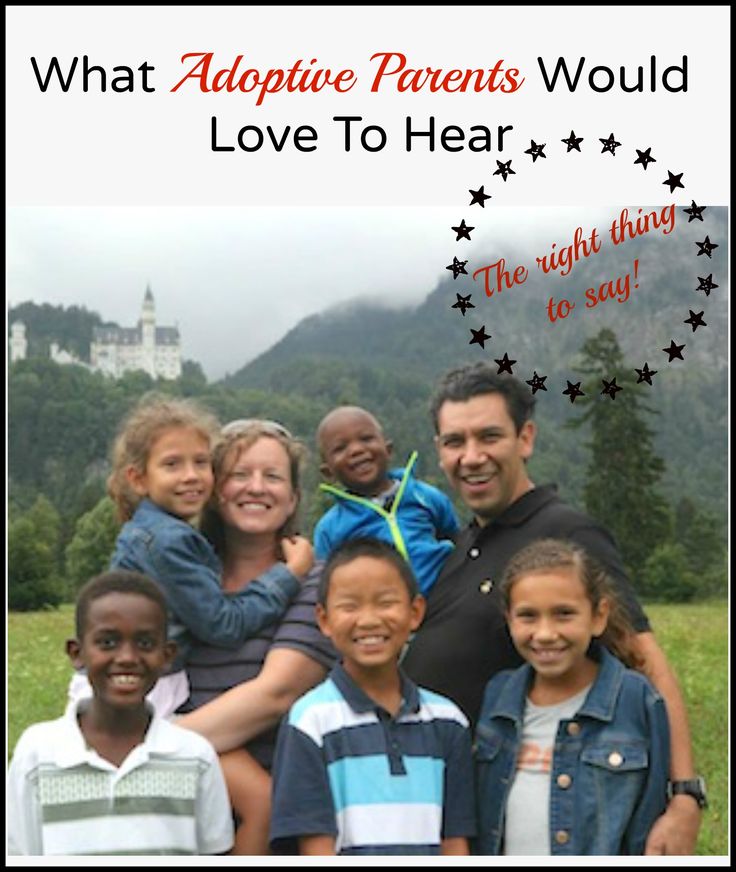
— They say that in order for a child to “move away” from the system (orphanage), it takes as much time as he spent there. We need two more years,” Alexandra notes. - On the second point, as long as I control the medication, he can still miss it. This is sad, and this is the main task of foster parents - to teach such children to take care of their health, take responsibility for their lives and, strictly following the pills, be safe for others .
“I saw it in a social advertisement”
Irina N. (not her real name) has six children, five of whom are adopted. Two of them are diagnosed with HIV. She adopted Dasha (name changed) 11 years ago, when she was seven. I saw a girl in social advertising, and then I accidentally met her at a children's clinic, where she came with her son.
— Of course, we had fears. We were not afraid of getting infected, rather, we did not know how society would react. Then we talked to other foster families and decided.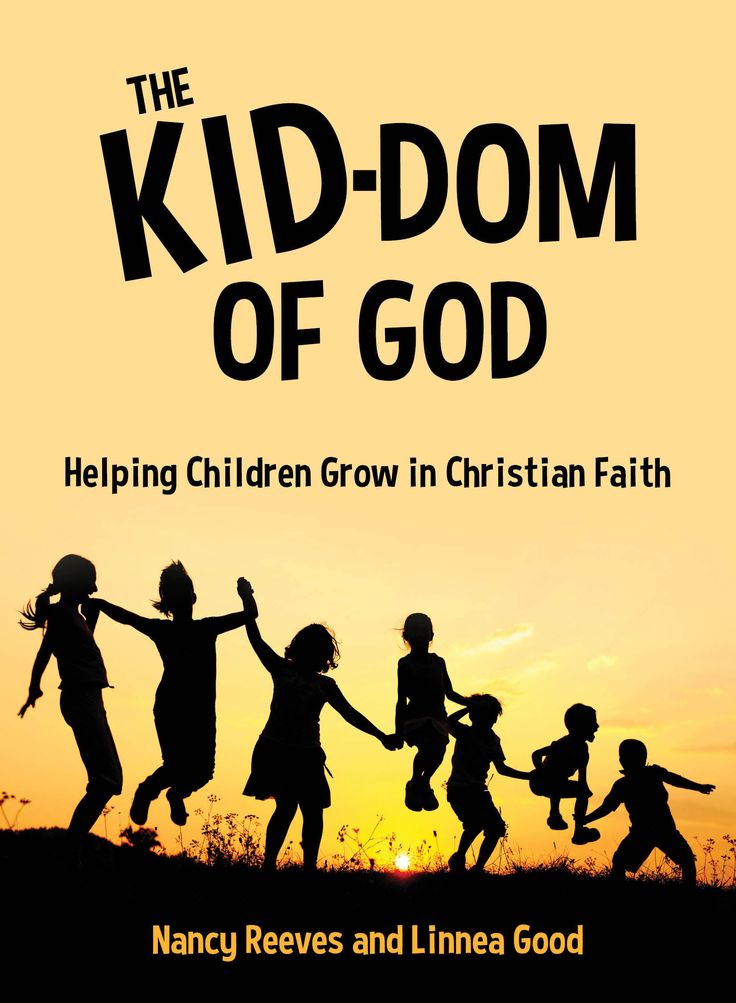 Together with Dasha, they took her brother, he turned out to be healthy, she says. nine0004
Together with Dasha, they took her brother, he turned out to be healthy, she says. nine0004
According to the woman, despite their different status, the lives of the children were almost the same. Both went to school, went to children's camps, swam in the pool and played sports.
— A few years later we adopted a couple of other children. It's the other way around: the boy has HIV, but the girl doesn't. The children's parents died, and they ended up in an orphanage, - says the interlocutor of the portal. - Katya and Misha (names have been changed) have been living with us for three years. No one, not even the grandmother and other close relatives, knows about the illness of our children. We believe that there is no need to tell them. nine0005
Now Dasha is almost 19 years old, and Misha (name has been changed) is 14. The girl was told about the diagnosis in adolescence - her foster mother saw her trying to find information about her pills on the Internet.
— I sat next to her and calmly told her about her illness. She said that she needed to take medication constantly to be healthy. Then she was taken to a special psychological group for teenagers. She took it all right, ”recalls Irina.
She said that she needed to take medication constantly to be healthy. Then she was taken to a special psychological group for teenagers. She took it all right, ”recalls Irina.
Even grandma doesn't know
Photo: Global Look Press/Marco Passaro/Keystone Press Agency
A few years later, Dasha decided to tell her friends about her diagnosis, who supported the girl. Problems arose only with a young man who at first was afraid of the disease and decided to end the relationship. But then, after a joint trip to a psychologist, they reconciled and are still together.
- I haven't said anything to Misha yet. He already had to endure many traumas in life - the death of his parents, grandmother, shelter, adaptation in the family. Now he goes to a psychological group, where they prepare him, explain what immunity is, how to maintain it. When he is ready, he will know about everything,” says Irina. nine0005
Dasha and Misha are on regular therapy, so they have an undetectable viral load.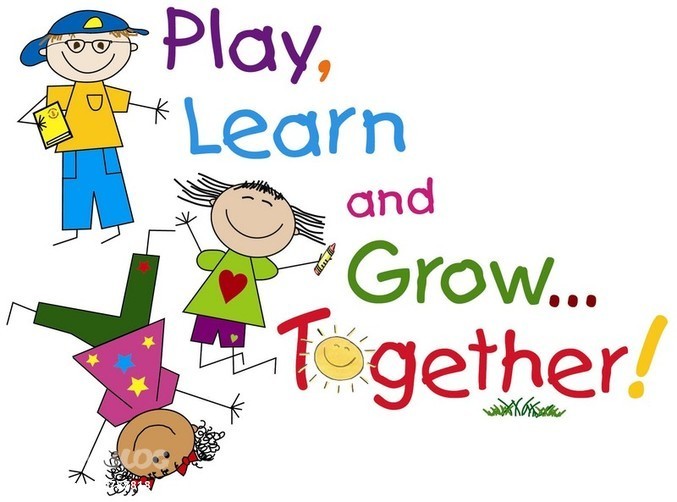 While the procedure is under parental control: sometimes one of them forgets to take a pill. Then the mother has to remind them of this, because their health and life depend on the level of the drug in the blood.
While the procedure is under parental control: sometimes one of them forgets to take a pill. Then the mother has to remind them of this, because their health and life depend on the level of the drug in the blood.
“Assess your strengths”
There are many families similar to those where Dasha, Danya and Misha were lucky enough to end up. But there are also sad stories, says Alexandra V. For example, One day a woman took custody of a girl of preschool age and returned her on the second day.
–– The foster mother graduated from foster parents' school, knew about the diagnosis and was ready for such a child (as she thought). Then the girl fell, and her tooth fell out and blood began to flow. The woman was frightened and took the baby to custody, although everyone understands that the disease is not transmitted in this way, - says the interlocutor of the portal. –– I can’t blame her, the fear of the disease turned out to be stronger, but the child is very sorry. The secondary return destroys children, strengthens them in the belief that they are "defective", therefore both the first family and the second refused them. nine0004
The secondary return destroys children, strengthens them in the belief that they are "defective", therefore both the first family and the second refused them. nine0004
A person with HIV who regularly takes therapy and has reached a constant undetectable viral load cannot be contagious to others, says doctor Anastasia Patran. If the child gets hurt, you need to treat the wound, and then wash your hands and wipe them with an alcohol solution. It is impossible to get infected with HIV in the household way, through tears, sweat and common objects.
Parents who are going to adopt a child with HIV should make a balanced decision and assess their strengths, says Elizaveta Tokareva, a psychologist at the Children+ Foundation. They need to learn about the disease and how it is transmitted, and perhaps talk to other families and ask them to share their experiences. nine0005
Even grandma doesn't know
Photo: Global Look Press/Martin Dr. Baumgartner/imagebroker
Baumgartner/imagebroker
— It is important to understand that such children are no different from ordinary ones: they can choose any profession, create families, give birth to healthy babies. There are no special restrictions for them,” says Elizabeth. - Difficulties of adaptation in the family can arise regardless of the diagnosis. There are, of course, some features - for example, you need to visit a doctor and follow the pills. Children who live in a family have a higher level of adherence to therapy. In many respects it depends on the fact that they have a meaning of life, dreams and goals. nine0004
According to the psychologist, the key problem for people with HIV today is not medical (with regular therapy, they live a completely normal life), but psychological. The disease still remains stigmatized and causes fear. Therefore, it is very important to properly tell the teenager about the diagnosis and teach him how to live with it - for example, how to behave in hospitals and in relationships with girls or young people.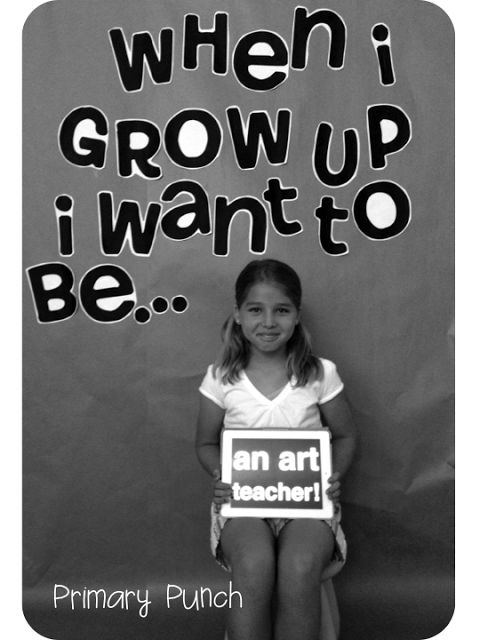
- Best done before age 12. When adults say it later and don't explain anything, and then a teenager reads about HIV on the Internet, it can be a traumatic experience, notes Elizaveta. nine0005
Families who plan to take a child with HIV from an orphanage, as well as a healthy teenager, need to prepare for spending on tutors and possibly psychotherapists, adds Alexandra V.
— Medications, blood sampling and monitoring –– all this is free. Go through the FPS (Foster Parent School), make an informed decision and remember that it is yours. You should not expect gratitude or bestowal from foster children - this may not be. Your task is to fit a child with HIV out of the system into the ordinary world, help him with the acceptance of the diagnosis, socialize him and give him a profession. All this may not work out, and you need to be prepared for such an outcome. But half of the result depends on us, - the foster mother is sure. nine0004
Point of (not) return: why foster parents refuse children and how to prevent it
"This is your mom now, say hello"
Almost two years ago Natalia Tupyakova's family had a baby. Fourth. Then she did not even think that Gleb would become her son, she just learned from friends that one foster family could not cope with the boy and was returning him to the orphanage. And that this is the second return in the last two years - before that, Gleb had already been taken into the family, but also returned. nine0005
Fourth. Then she did not even think that Gleb would become her son, she just learned from friends that one foster family could not cope with the boy and was returning him to the orphanage. And that this is the second return in the last two years - before that, Gleb had already been taken into the family, but also returned. nine0005
E-mail received a photo: an eight-year-old boy, piercing eyes, funny protruding ears, blond cropped hair.
She thought she would take it for a while, because she already has three: a teenage son and adopted daughters with health problems. And no husband. And there is no apartment in Moscow - only a rented one.
But these arguments could not outweigh the one and only thought that was spinning in my head: the child must urgently look for another family, it is impossible to return to the orphanage. nine0005
Natalya Tupyakova with her children (from left to right): Gleb, blood son Rudolf, daughters Nadia and Ariana
© Personal archive of Natalya Tupyakova
"I said that I was ready to take the boy to me while they were looking for new parents.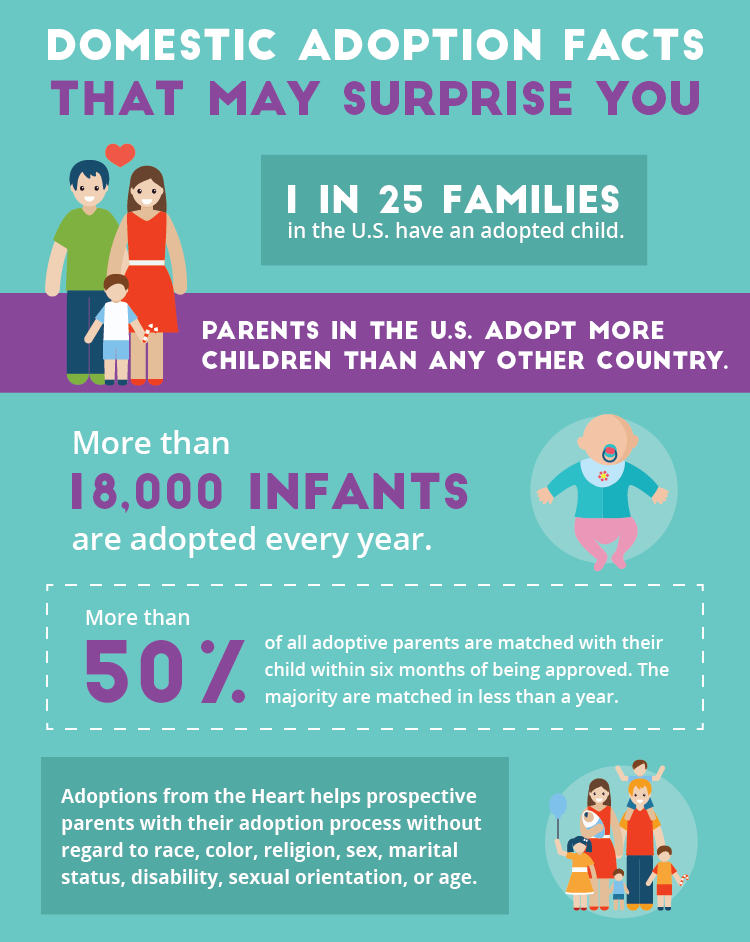 What would I try get provisional custody, even though there was little chance of my candidacy being approved."
What would I try get provisional custody, even though there was little chance of my candidacy being approved."
At that time it seemed to Natalya that the permission of guardianship was the main difficulty. After all, if the child is not immediately “taken over” by another family after returning, he is placed in the hospital for several weeks. Such rules: even if the child is not sick with anything, he must undergo a medical examination. During this time, guardianship will deal with documents and look for a place in the orphanage. He will be alone in the hospital - without an accompanying person, a nanny, without a close adult who will come during visiting hours with a warm lunch in a thermos. nine0005
Almost always there is no one willing to take care of a "rejected" child: the information that others have already failed to cope with him scares off the majority of potential parents. And from the hospital the child again goes to a government institution. That's why Natalya called back. And agreed.
And agreed.
“A couple of days later in the morning, I arrived with the necessary documents to the guardianship, Gleb was brought there,” recalls Natalia. “I was very surprised, but they allowed me to take him away. mom, say hello."
The boy came up and obediently took Natalya by the hand.
"Throw Me in the Trash"
Natalya Tupyakova still talks about what happened next, almost two years later, with excitement. A simple and understandable plan of action - Gleb lives with her for several weeks, and during this time custody finds him a new foster family - began to collapse literally the day after they met.
"We stood alone with him at the bus stop and waited for the bus," says Natalia. made comments, but I didn’t know how to behave.” nine0005
Then, at the bus stop, a months-long nightmare began in their family: Gleb offended children and pets - a cat and a dog, behaved defiantly rudely and indecently, threatened Natalia with suicide.
"Walked up and shouted: 'Give me a rope, I'll hang myself! I'll jump out of the window!" Then he grabbed a knife, waved it in the air, threatened to kill us all, shouted: "I hate you, aunts, you will return me anyway! Throw me in the trash! "At that moment I realized that I would not give it to anyone.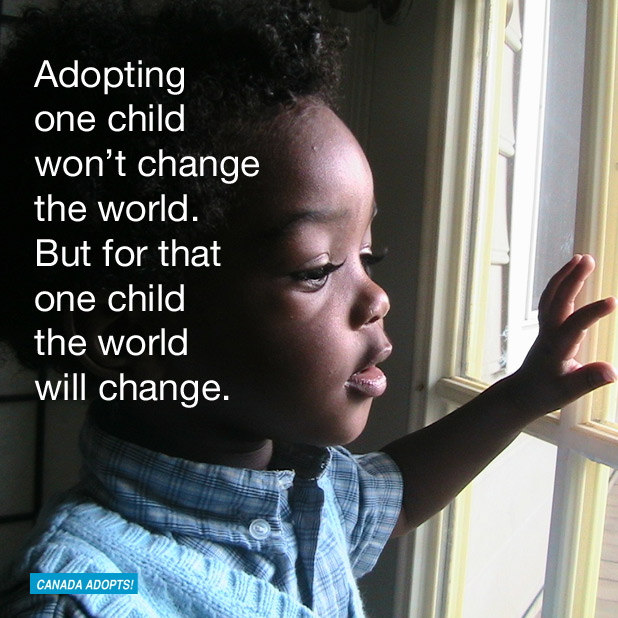 "
"
I ask Natalya about pity for Gleb. About how she felt about him then. For what other reason can you voluntarily decide to raise a child who does not let you near him even a millimeter, demonstrates hatred and cruelty towards others? nine0005
Natalia speaks without a trace of pathos: she simply realized that no one but her would take him away.
Natalia and Gleb
© Personal archive of Natalia Tupyakova
"I clearly realized that even if he was taken into the family now, they would return him again and after that Gleb's behavior would only get worse, because the wounds that were inflicted on him would become deeper ".
She tries not to go into details: Gleb's mother and father were deprived of parental rights when he was five years old.
It is early childhood, and not an orphanage and wandering around foster families, that the boy still considers the most terrible of everything that happened to him. He is attached only to his older sister, who partially replaced his mother.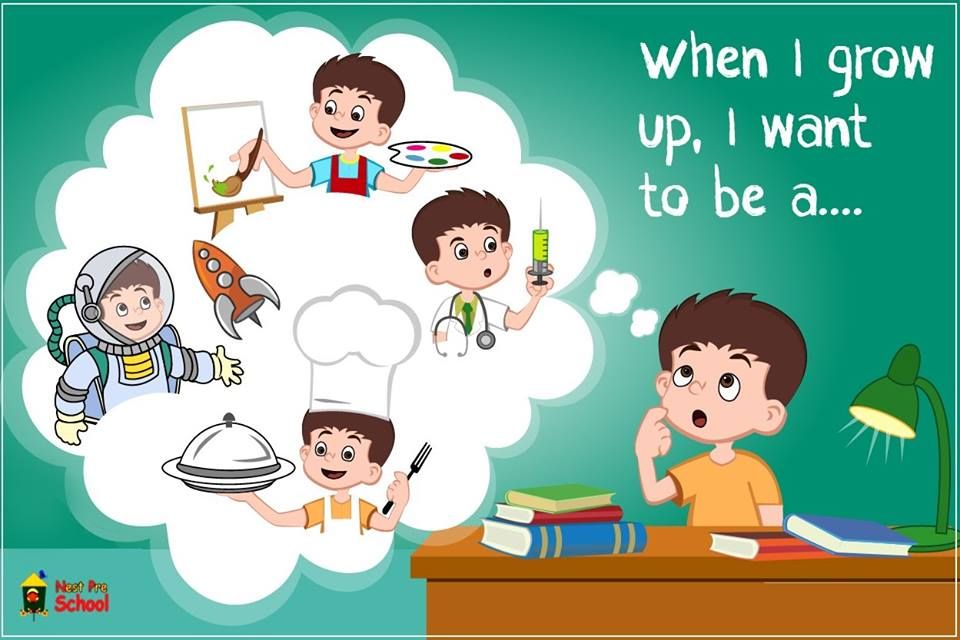 Her guardianship was taken from the family along with Gleb. nine0005
Her guardianship was taken from the family along with Gleb. nine0005
He hates his blood parents and in the first weeks in Natalya's house he constantly threatened to kill them. Now - he simply stops all talk about them, does not want to remember.
From the blood family - his cruelty, bitterness, a sense of betrayal. And after two returns, there is also boundless disbelief that someone might need him like that.
"What would happen next is obvious," Natalia argues. He would have been deprived of legal capacity and sent to a psycho-neurological boarding school for the rest of his life. He would never have left there. This is a common practice with traumatized difficult children in orphanages." nine0005
The realization that it is psychological trauma that makes Gleb behave this way and not otherwise helped Natalia not to give up. Because after the "demonstration performances", Gleb immediately, having heard the call of the guardians who came to them with a check, or someone from Natalia's acquaintances, hid under the bed and asked: "Mom, don't give me away!" He knew that he was with her temporarily, and was afraid that he would be taken away somewhere again.
And day after day she inspired that she would never give back. She simply picked her up when Gleb once again shouted that he hated her and "all of them", hugged her tightly and said that now she would have to live in a new way. nine0005
The strength of resistance
The beginning of their common life is constant sessions with a psychologist. Months on medications that Gleb was prescribed by a child psychiatrist.
"I remember how I came to the pharmacy and the pharmacist, after reading the prescription, asked if it was true for an eight-year-old child, and having received confirmation, looked at me with horror," recalls Natalia.
The child suffered from nightmares, tore off and tore his clothes in his sleep - Natalya even began to put on Gleb at night a thin cotton overall that hockey players wear under protection so that he could not get out of it. nine0005
Today Gleb is not taking any medications, the psychiatrist canceled them, although he continues to see the boy.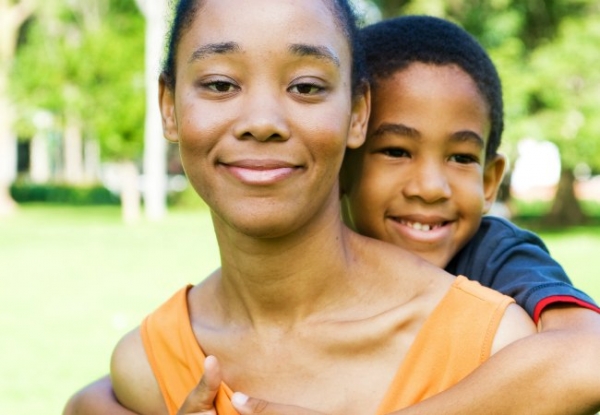 After a trip to the south last summer, Gleb told his mother that he "dreamed about the sea."
After a trip to the south last summer, Gleb told his mother that he "dreamed about the sea."
This is not a fairy tale with a happy ending - the child still has big problems with self-control, Natalya transferred Gleb to home schooling in order to improve his subjects, because the whole last academic year, school for Gleb was a place to vent aggression. Successes are not grandiose, according to mom, in small steps, but she hopes that September 1, 2019th son will be able to return to class.
© Personal archive of Natalia Tupyakova
I ask: did she have any thoughts about Gleb's return? This question is probably the most difficult for Natalia. She does not hide the fact that for a long time she felt only a sense of responsibility for him, and there was no affection and warmth for Gleb.
"Sometimes there was irritation, sometimes it seemed that there was no more strength. Yes, there was a desire to return. But I knew for sure that I would not do this, since I had already taken it once, I gave him hope.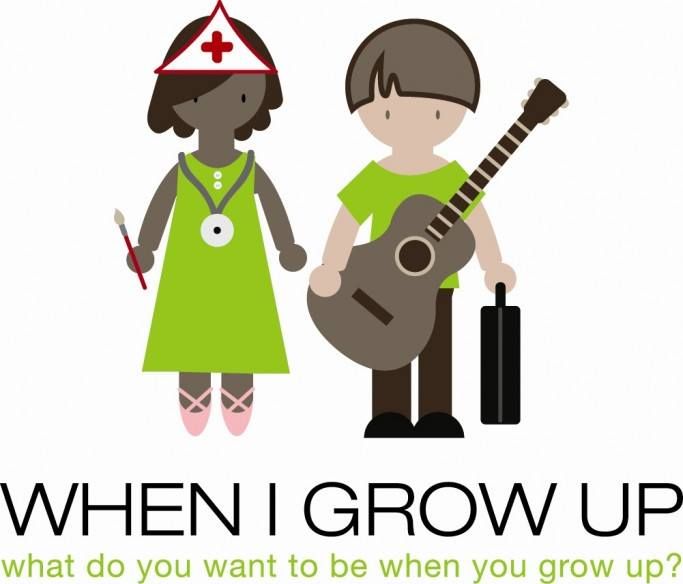 Even when the older child really asked to do this, even when I saw that he was suffering from the presence of Gleb, could not breathe the same air with him - his dislike was so strong - I knew that I would not return Gleb. nine0005
Even when the older child really asked to do this, even when I saw that he was suffering from the presence of Gleb, could not breathe the same air with him - his dislike was so strong - I knew that I would not return Gleb. nine0005
Natalya says that a child brings a lot of joy: he is sociable, active, loves sports, helps his mother a lot of his own free will and tries very hard to start living right.
An angel with the habits of a prisoner
"The easiest way in this situation is to say that the parents who returned the child are irresponsible, bad," says the adoptive mother and psychologist of the "Change one life" foundation Elena Machinskaya. and wrote a letter to Natalya Tupyakova with a proposal to temporarily take Gleb to her place.) - We are all different, and each has a different resource, what we can give a child. Natasha Tupyakova has an amazing pedagogical talent, she understands why a child behaves like that, and not otherwise, he understands when to ask for help from a psychologist and how to replenish his spiritual strength.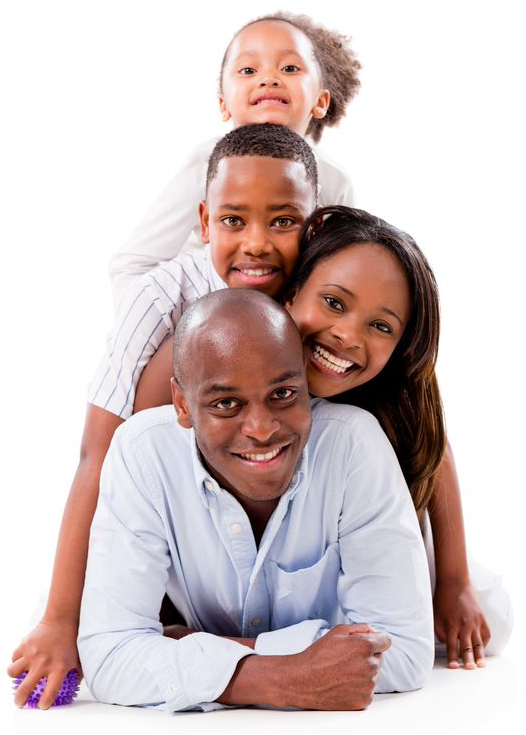 nine0005
nine0005
Understand "why?" not everyone can, and this is one of the main reasons for returns, the psychologist explains. It's not about irresponsibility - often people sincerely want to become foster parents in order to "save the poor orphan." It seems to them that, once at home, the child will appreciate the difference with the state institution and will be grateful to the new family. And when yesterday's orphanage instead of rejoicing, begins to destroy everything around, behave defiantly and show disrespect, the newly-made parents are horrified. nine0005
Often they attribute the child's behavior to bad genes or to the fact that "you can't beat the street out of him." What is really going on in the soul of a child in the first months, or even years in the family, adults do not understand.
“If you haven’t gone through this yourself or don’t work with such children, if you don’t know anything about reactive attachment disorder, about deprivation in early childhood in orphanage children, no dissertations in psychology will help,” Elena explains.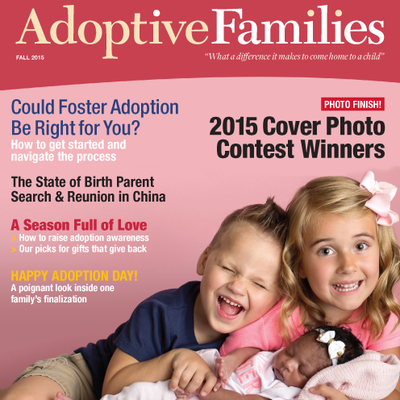 then I needed the help of a psychologist after I took my two girls into the family, although I understood what was happening, I had worked with such children before." nine0005
then I needed the help of a psychologist after I took my two girls into the family, although I understood what was happening, I had worked with such children before." nine0005
Anya was the first to appear in her family - a blond, blue-eyed, thin, tender marshmallow creature. Until the age of ten, she lived with her grandmother, her drinking mother and her brothers, who had served impressive terms. The first impression that the girl's appearance made was dispelled without a trace as soon as she began to speak.
Elena Machinskaya and Anya
© Personal archive of Elena Machinskaya
"He was such an angel with the habits of a criminal," recalls Elena Machinskaya. word with a choice obscenity, cheekily says: “I want to marry a prisoner, because prisoners live by the rules. Do not go for a scientist! What school do I need? I like to be friends with drug addicts, it's fun with them, and ordinary children are boring, stupid. "
At the same time, Anya was very attached to her mother and, while living with her, did everything not to end up in an orphanage: she wrote letters to the police and guardianship, demanding to leave her at home and stop coming with checks.
The girl tried to look after her mother, to take away the bottle, not to let her drunk into the street, so that the neighbors would not see her and complain to the guardianship. She blamed herself for not always succeeding.
"From the outside it seemed to people - how is this possible, this is life in a homeless home, among alcoholics, but for her it was her beloved mother, who, when she was sober, went up the hill with her, played, put her to bed," - says Elena Machinskaya. nine0005
Before her, they tried to adopt Anya twice and both times they returned very quickly - they simply could not stand life under one roof. The girl cursed, fought at school, was wild and pedagogically neglected.
But Elena managed to find the key to her: they saved her patience, a sense of responsibility for the child, and also classes with a qualified psychologist who convinced the girl that she was not to blame for her mother's illness. Very slowly Anya thawed and gradually ceased to rebel.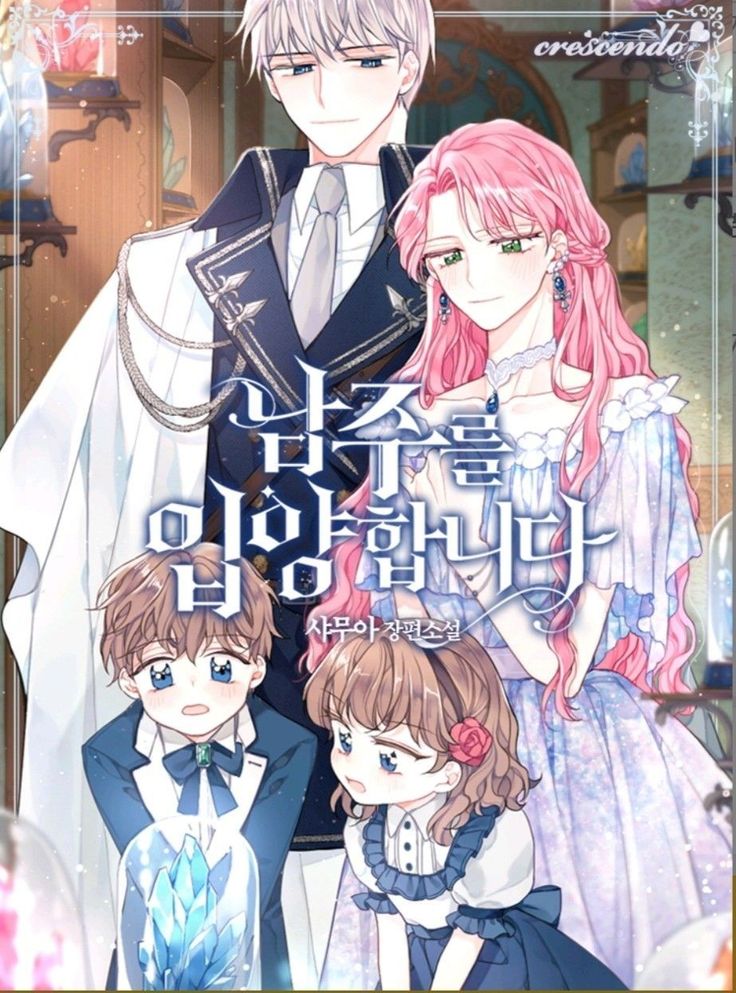
"Mom left me because I'm bad"
Anya is a classic example of a child that foster parents are afraid to get. That is why, in the questionnaires of children from orphanages, guardianship officers try to note their conflict-freeness, perseverance, friendliness, need for affection and home, politeness, and careful attitude towards babies.
In fact, Elena says, with a quiet, calm child, no less problems can arise than with a rebel bully.
© Personal archive of Elena Machinskaya
"My second daughter, Nyura, was not a hooligan at all, but her adaptation in the family was even more difficult than that of her eldest."
Before Elena, Nyura was already taken into the family and returned - not because of bad manners or criminal inclinations, but because of too much love for her mother.
"Mom brought Nyura to the orphanage when she was five years old. The girl had a difficult financial situation, she had no housing. And she promised to pick up her daughter as soon as she got a job and rented an apartment. But in two years she never even visited , didn’t write, didn’t call. Nyura waited all this time, sitting for hours at the window. She refused food, games, communication and only repeated that her mother would soon come for her. " nine0005
But in two years she never even visited , didn’t write, didn’t call. Nyura waited all this time, sitting for hours at the window. She refused food, games, communication and only repeated that her mother would soon come for her. " nine0005
When Nyuru was taken by a foster family and taken to another city, the girl did not make contact, insisting that she was specially taken away so that her mother would not find her. The guardian was annoyed by this, and she returned Nyura.
After that, Nyura came to Elena. The girl demanded to be taken back to the orphanage, she was worried that something had happened to her mother, so she did not come. Then Elena herself took up the search.
"It turned out to be quite easy to find this woman — Odnoklassniki immediately issued her profile. In the photo she was with her new husband and two small children. Against the backdrop of a good car. I wrote to her, she replied that she was glad to hear that she was looking for Nyura and I told her what documents needed to be collected in order to restore her parental rights, I thought she would really do something, but time passed, my mother answered rarely and evasively, found some childish excuses. Then I called guardianship at her place of residence and found out that she did not come anywhere. And later it turned out that she had left her younger children and left in an unknown direction. nine0005
Then I called guardianship at her place of residence and found out that she did not come anywhere. And later it turned out that she had left her younger children and left in an unknown direction. nine0005
Even when Nyura was convinced that everything was all right with her mother and that she was not looking for her, she could not accept it right away, she fantasized that her mother was writing to her, but a computer virus was destroying letters.
Then she asked why her mother did this, she cried, she blamed herself: "I'm bad, that's why my mother doesn't come and doesn't love me."
And then Elena found Nyura's grandmother - her mother's mother - and together with her daughter went to her village.
© Personal archive of Elena Machinskaya
"Grandmother turned out to be a good person. She tried to look for Nyura. She lamented about her unfortunate daughter. But Nyura received very warmly. And then her daughter was released. She realized that she had relatives who love and think about her.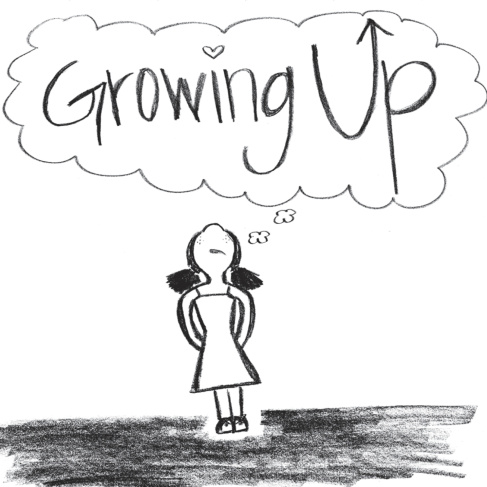 nine0005
nine0005
Now Elena and Nyura know where the girl's mother lives - she is married again and has given birth to her fourth child. But Nyura no longer wants to meet her, and considers Elena her real mother.
"You deceived me. So you will leave"
Each story of a child left without parental care is unique, so it is difficult to predict exactly what kind of behavior he will give out when he is in a foster family.
But psychologist Elena Machinskaya says that most often "psychic withdrawal" is associated with a feeling of betrayal. The child becomes distrustful, suspicious, he will check the adoptive parents for a very long time, trying to catch them on minimal lies, in trifles. nine0005
"In the first year of our life, it reached the point of absurdity: for example, in the morning I said that I would come in to buy apples, and then, after spinning, I forgot. Or I said that I would return from work at eight, and came 20 minutes later. And the interrogation began and hysteria: “That’s it, you can’t be trusted, you deceived me, so you will return me, you will leave me!”
Elena Machinskaya with her family
© Personal archive of Elena Machinskaya
in order to understand why the child reacts this way, you can simply try to shift the situation to yourself.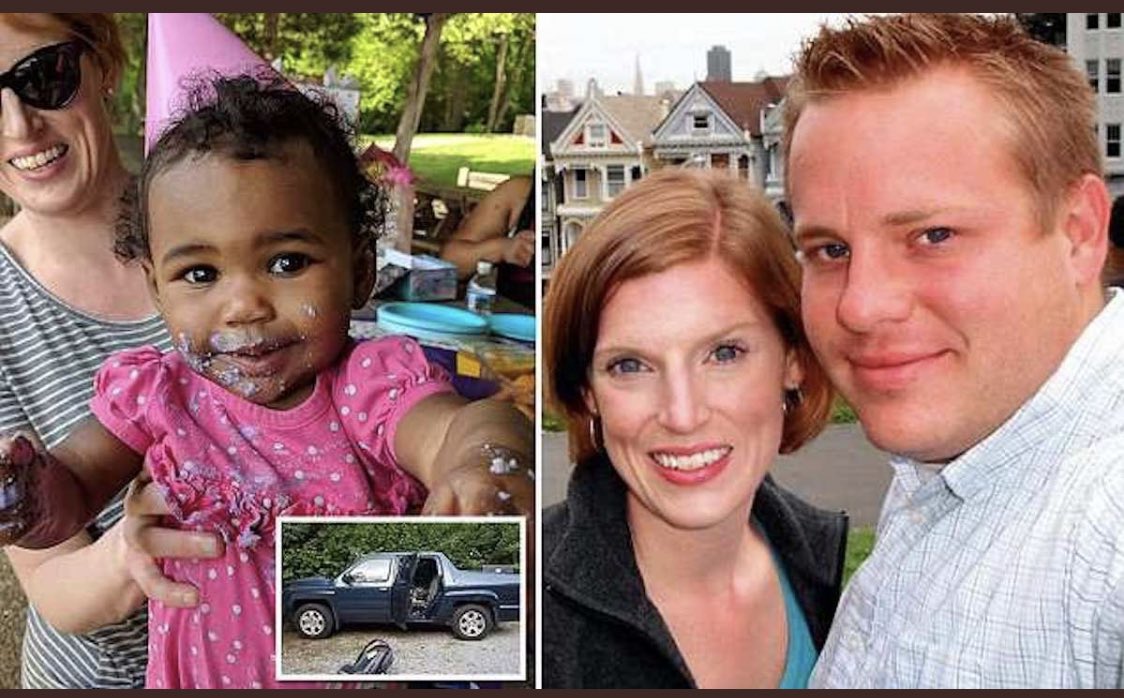
"Imagine that you fell in love, got married, gave birth to a child, acquired friends, everyday life, and suddenly your husband packs things for you and evicts you. You can no longer see your children or friends, you need to move to another area, and and then to another city. You worry. Then, having recovered, you try again to improve your life, get married again, give birth to children, become attached, and then everything repeats, you are deported to a place unknown to you. Obviously, the third time you will be afraid scenario repetition. nine0005
The child is so afraid to experience the pain of parting again that it is easier for him to run away from his parents. “Well, leave me already, there is no strength to wait every minute for you to hand me back, so I will behave in such a way that you will do it as soon as possible” - this is exactly the message that lies in the aggressive childish behavior. After all, in the orphanage, at least everything is clear to him and there is no fear that they will refuse him - he is already there.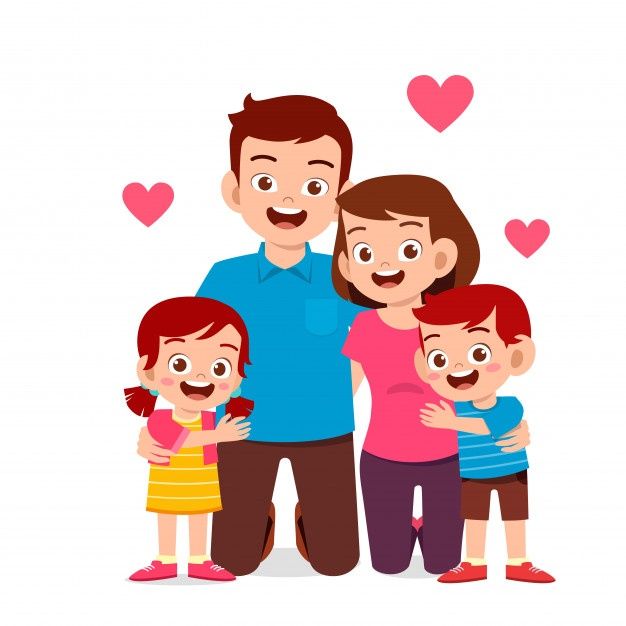
Expectation of betrayal and fear of pain gives rise to anxiety: the parent will constantly have to prove that everything is in order. nine0005
"Nyura threw tantrums, asked to return her, but at the same time I couldn't calmly go to the toilet, because she - mind you, a nine-year-old child - stood under the door and asked endlessly: "Mom, is everything all right? Are you not sick? Why are you taking so long? When will you leave? Come out!" It was very hard."
"Can I just go shopping?"
Yana Leonova, director of the "Change One Life" Foundation, says that new adoptive parents most often lack the simplest things: the opportunity to walk around the house, lie in the bathroom, relax on the sofa with a cup of tea and watch TV, read. nine0005
Mothers of babies face similar problems, and often it is this lack of freedom that causes postpartum depression. To help foster parents avoid emotional burnout, the foundation created the Respite program, which provides babysitting services for 16 hours a month: the schedule is set by the parent himself, you can, for example, split her visits into two times a week for two hours, or you can immediately take two days of eight hours.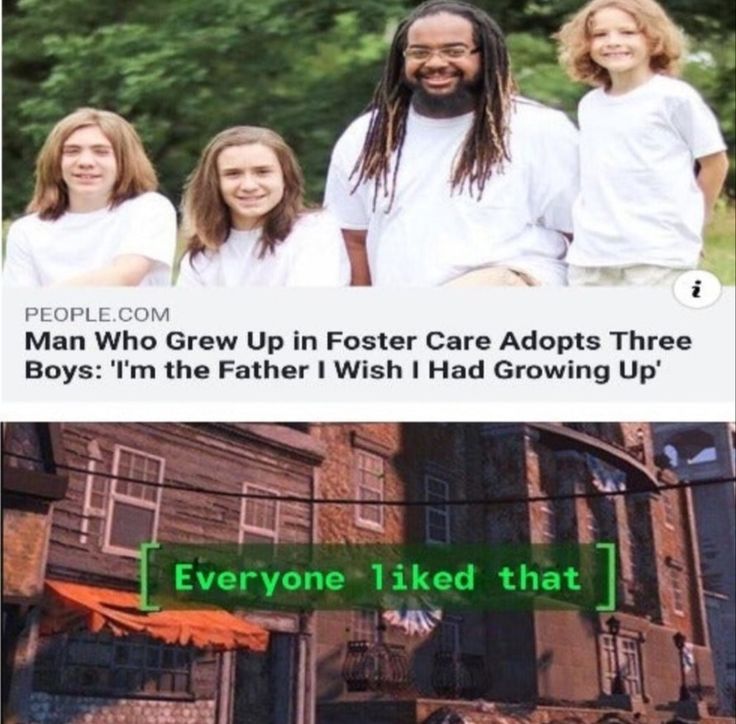
“Initially, we thought of doing such unloading days for parents: giving tickets to the theater, to the cinema, to exhibitions, to a spa or a manicure,” says Yana Leonova. “But it turned out that they didn’t really need all this, they just wanted a sip of free time, they asked: "Can we just go to the store? Or to the clinic?" And when "Respite" started working, we were amazed at the demand for it." nine0005
Read also
"I felt like a hostage": how to survive in postpartum depression Yana Leonova, foster parents all over Russia are waiting for her.
Already today, for all Russians, the Change One Life Foundation has launched a free online ProFamily program: it offers several online courses that address the most painful problems of adoptive parents. Why is the child acting like this? How to make him listen, how to get through to him? How to maintain a trusting relationship with children? How to encourage? How to talk to a child about his past? These and many other topics are discussed by experienced professional psychologists.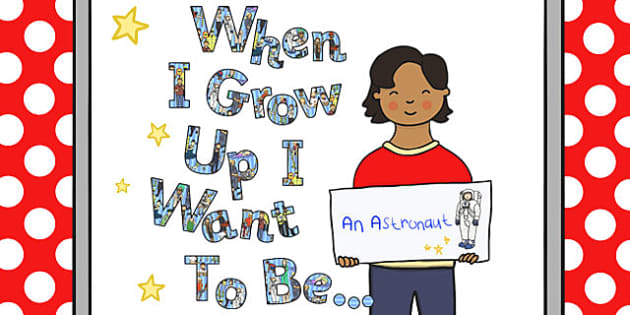 After the user has chosen the course of interest, the program transfers him to the Facebook social network messenger and asks various questions, offering short informative videos with expert advice in response to each. nine0005
After the user has chosen the course of interest, the program transfers him to the Facebook social network messenger and asks various questions, offering short informative videos with expert advice in response to each. nine0005
The fund's psychologists also provide free skype consultations for parents from all over Russia. Yana Leonova urges you to seek help not when you are completely exhausted, but as soon as mom or dad feels that something is wrong in the relationship with the child:
"It's not like that - when a child annoys you, you dislike him it seems to you that you made a mistake, you feel uncomfortable, feel bad. You don’t have to blame yourself for this, it is important to catch the triggers that cause such emotions in time. And then you can almost always help. Parents who asked for help in time, then experience this crisis and say : "Did we really have such thoughts and we wanted to abandon our child? Then it seemed that everything was going to hell."
For parents from all over the country, a free hotline of the charity fund "Volunteers to Help Orphans" has been created: 8-800-700-88-05.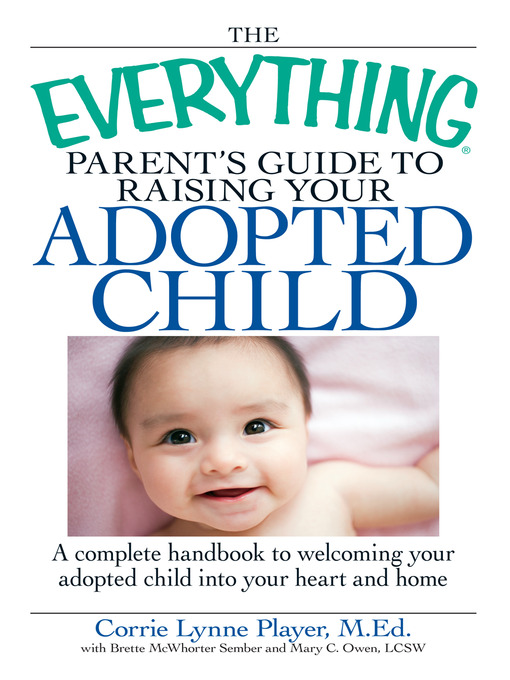 The fund's specialists are ready to advise both adoptive parents and those who are just going to take a child into the family.
The fund's specialists are ready to advise both adoptive parents and those who are just going to take a child into the family.
There is also a round-the-clock hotline of the Fund for Supporting Children in Difficult Life Situations, founded by the Ministry of Labor and Social Protection of the Russian Federation: psychologists advise children and their parents. nine0005
Read also
"Teaching to Grow Roots": how to prepare orphanage graduates for life
To support foster families, the state has created free support services, with which parents can conclude an agreement after they take the child into custody. Escort services are created on the basis of state institutions of various departmental affiliation: educational, social, family and youth affairs. Russians can find out which organizations are authorized to accompany their families at the department of guardianship and guardianship at their place of residence. nine0005
“Often, the family is accompanied by specialists working on the basis of the same orphanage where the child was taken from,” Irina Romanova, deputy director of the Department of State Policy for the Protection of Children’s Rights of the Russian Ministry of Education, told TASS. “These psychologists and teachers are well acquainted with him and know features of his character. This helps the child to quickly adapt to the foster family. In total, we have over 3.8 thousand organizations in the country that provide medical, psychological, pedagogical, legal, and social assistance. We see the effect, the number of children accepted into the family in recent years is ahead of the number of identified orphans, and we are striving to develop this trend." nine0005
“These psychologists and teachers are well acquainted with him and know features of his character. This helps the child to quickly adapt to the foster family. In total, we have over 3.8 thousand organizations in the country that provide medical, psychological, pedagogical, legal, and social assistance. We see the effect, the number of children accepted into the family in recent years is ahead of the number of identified orphans, and we are striving to develop this trend." nine0005
Personnel decides everything
However, if we try to mark all institutions, branches of charitable foundations, resource centers that provide assistance to foster families on the map of Russia, their concentration will be most noticeable in Moscow and St. Petersburg, in some large cities.
For example, according to the press service of the Department of Labor and Social Protection of the Population of the City of Moscow, 48 authorized organizations work to accompany families in the capital, and there are 55 schools for foster parents.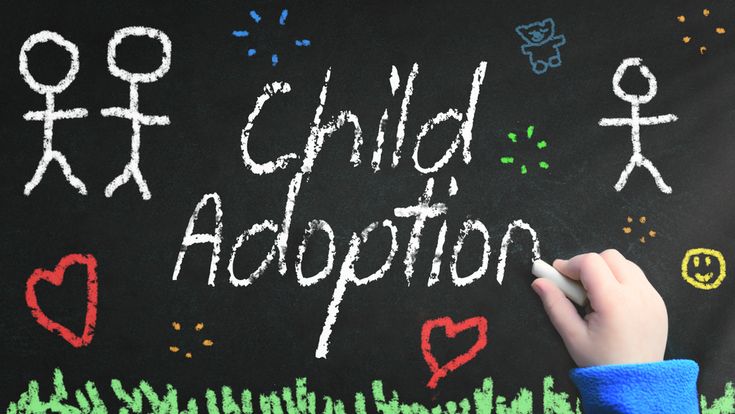 Since 2010, the number of foster families has grown by almost 7.6 times: today there are 2,650 foster families in Moscow, while in 2010 there were only 348.
Since 2010, the number of foster families has grown by almost 7.6 times: today there are 2,650 foster families in Moscow, while in 2010 there were only 348.
But what is more important is not the number of specialists who should help foster families, but their competence, says Elena Alshanskaya, head of the Volunteers to Help Orphans Foundation.
Read also
Ordinance on humanity: how the reform of orphanages should change the lives of orphans
"There are huge sections in Russia where there are no centers or escort services, because the escort service is not a federal story, so it is not everywhere. It happens that there is nothing in such places except for the department of social protection, where a psychologist sits, who does not understand anything about the peculiarities of the approach to children from an orphanage. and he made round eyes, sent him to a psychiatrist and said: "He's a psycho, why do you need this? Return!” or “Well, what do you want, return, they will look after it there, there is a team, good educators, don’t torture yourself. ” Today there is no clearly defined family support program, in every region, city, village it is understood the way they want , sometimes the accompaniment program is called classes in a clay modeling circle or workshops and children's parties that families should attend. nine0005
” Today there is no clearly defined family support program, in every region, city, village it is understood the way they want , sometimes the accompaniment program is called classes in a clay modeling circle or workshops and children's parties that families should attend. nine0005
Elena Alshanskaya is convinced that only specialists who know the problems of adopted children should work with families, and an ordinary child psychologist who is not familiar with the consequences of deprivation, hospitalism, most likely will not help, but will only worsen the situation. The same rule should apply to all teachers of foster parents' schools.
Watering the seed
The availability of quality assistance in the city can not always prevent the return of children. One of the reasons is that parents apply for it too late, when something can no longer be done - they come so burnt out. nine0005
"There are two types of such parents: the first one who comes and says - I can't, I can't cope, I don't have enough resources, I didn't calculate my strength, what should I do?" says Yana Leonova, director of the Change One Life charity foundation.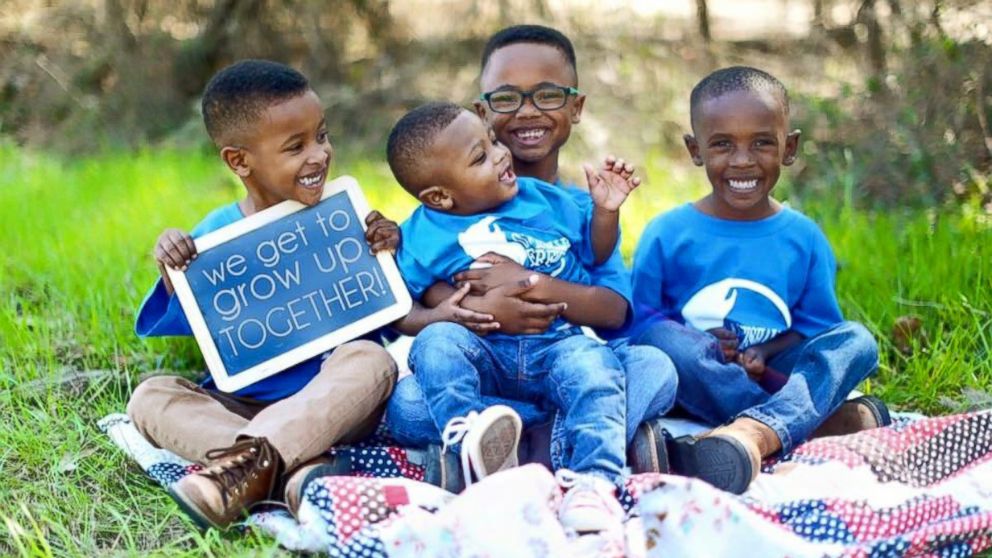 - The second type is on the defensive. They have already internally decided everything for themselves. They blame not themselves, but the child, despite the fact that they are adults, and the child is small, that adults should cope with their fortunes, and the child still does not owe, he has already got it in life. Such parents are so focused on their suffering that they lose all compassion for the child, all empathy. They come and say: "Take it!"0005
- The second type is on the defensive. They have already internally decided everything for themselves. They blame not themselves, but the child, despite the fact that they are adults, and the child is small, that adults should cope with their fortunes, and the child still does not owe, he has already got it in life. Such parents are so focused on their suffering that they lose all compassion for the child, all empathy. They come and say: "Take it!"0005
See also
(Not) other people's children. How the oldest Children's Village in Russia lives - SOS
Claims against a child often arise due to the inflated expectations of parents, Yana Leonova believes. During the period of neophyteism, when a person is just lighting up with the idea of taking a child to raise, he imagines how a new family member will become his like-minded person, become interested in the parent’s hobbies, and be successful.
“Increased expectations are dangerous,” says Yana Leonova. “Many people perceive parenthood as rosy.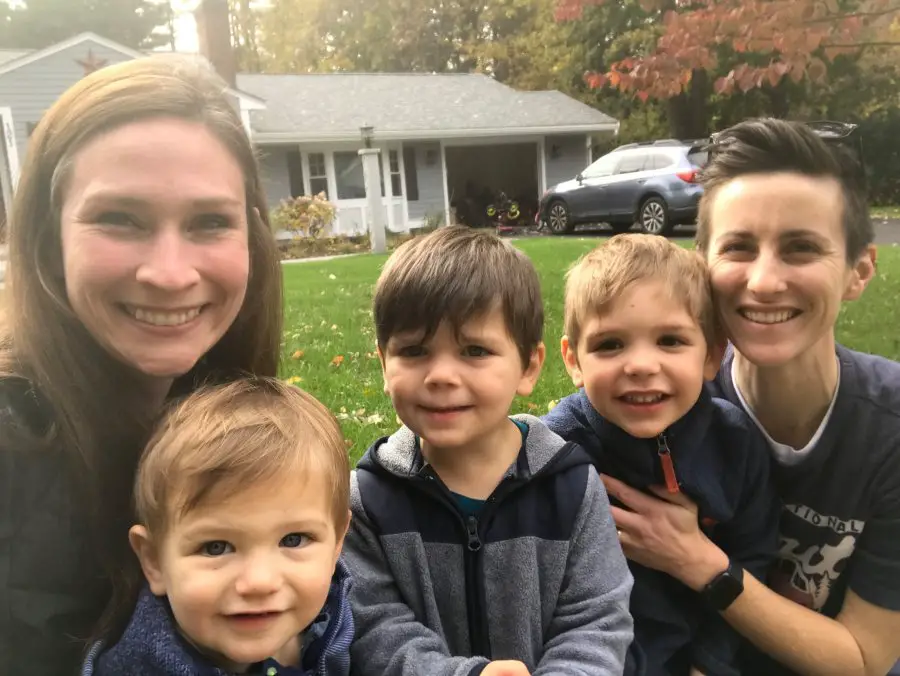 When a person takes a child and does not experience the expected joy, he is disappointed, begins to think: “Why did I do this? This is now for life! And he is not at all such a child as I wanted and thought. I will never love him as my own. I may never be able to love him at all."0005
When a person takes a child and does not experience the expected joy, he is disappointed, begins to think: “Why did I do this? This is now for life! And he is not at all such a child as I wanted and thought. I will never love him as my own. I may never be able to love him at all."0005
Lack of feelings for a child in its first months in a family is quite natural and understandable: a foster parent did not bear a baby for nine months, did not suffer from toxicosis, did not run to the store for goodies for a pregnant wife, did not give birth, often did not see the first steps of his child did not hear his first words. He inherited an already largely formed personality, which has its own, mostly unsuccessful life experience. He needs more patience than with his own child, and he still does not receive positive emotions from communication that would compensate for the negative moments. However, over time, the "skeleton" of the relationship is overgrown with "flesh" and attachment, most likely, will gradually begin to form. nine0005
nine0005
Yana Leonova explains that even at the stage of preparation for the adoption of a child, parents must understand that their future son or daughter may not be eager to be adopted at all. In Russia, it is the parents who choose whom to take under guardianship or adopt, and the consent of a child under the age of ten is not required for this.
"Ideally, there should be a base of potential parents - examined, prepared, psychologically ready for adoption, so that from among them you can choose for each specific child the one who will give him exactly what he needs. There should be a puzzle. But such a system not yet. For adoptive parents, the main value should be loyalty, unwillingness to commit betrayal. If you took the child, then you are responsible for this act, you strive to do everything so as not to cause the child new pain, not to retreat, to fight." nine0005
The age of the candidate, his social status does not affect his psychological maturity, the ability to be responsible for his actions, Yana believes.